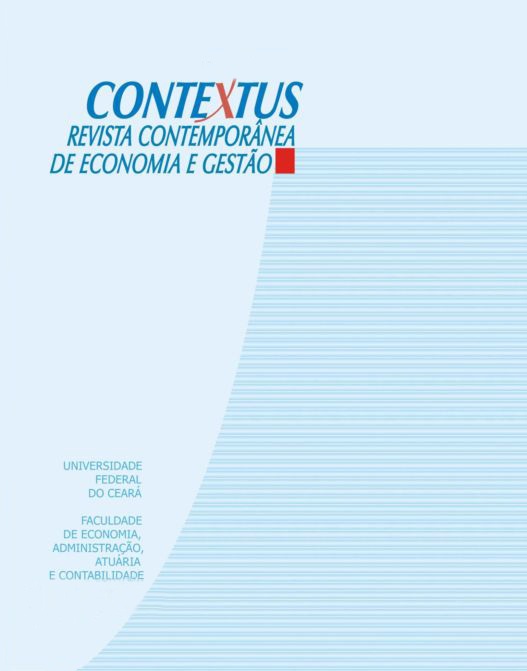COMPORTAMIENTO EMPRENDEDOR DE PROPIETARIOS DE CABINAS DE INTERNET EN LA COMUNIDAD DE LA ROCINHA, RIO DE JANEIRO, BRASIL
DOI:
https://doi.org/10.19094/contextus.v12i3.578Palabras clave:
Emprendedor. Comportamiento emprendedor. Economía informal. Cabinas de internet. Rocinha (Rio de Janeiro).Resumen
El objetivo de este artículo es investigar las características, comportamientos, motivaciones para iniciar un negocio y la práctica de gestión de los emprendedores, propietarios de cabinas de internet, que operan en la economía informal en Rocinha, la mayor favela de Brasil, donde 90.9 % de las empresas son informales. Sirvió para el propósito de esta investigación, el Test de Apercepción Temática de McClelland. El instrumento de la survey fue adaptada para Brasil. De los 92 emprendedores propietários de cabinas de internet en Rocinha, 44 respondieron al cuestionario TAT. Los datos fueron analizados utilizando el programa SPSS 16.0. El análisis sugiere que el comportamiento de los emprendedores em Rocinha coincida con características emprendedoras propuestas por McClelland. Sus principales motivaciones son la búsqueda de oportunidades y aumento de ingresos, tratan de satisfacer las necesidades de los clientes y tienen baja percepción de la diferenciación de serviciosDescargas
Archivos adicionales
Publicado
Cómo citar
Número
Sección
Licencia
The authors, while doing the submission, accept the notice below:
We authors hold the copyright related to our paper and transfer Contextus journal the right for the first publication with a Creative Commons’ international license of the modality Attribution – Non-commercial 4.0, which in turn allows the paper to be shared providing that both the authorship and the journal’s right for initial release are acknowledged.
Furthermore, we are aware of our permission to take part in additional contracts independently for non-exclusive distribution of the version of our work published in this journal (e.g. publishing it in an institutional repository or as a book chapter), while acknowledging both the authorship and the journal’s initial publication.
We also certify that the paper is original and up to this date has not been released in any other journal, Brazilian or of another nationality, either in Portuguese or another language, as well as it has not been sent for simultaneous publication in other journals.
Last, we not only know that plagiarism is not tolerated by Contextus but also certify the paper presents the sources of passages from cited works, including those authored by ourselves.


